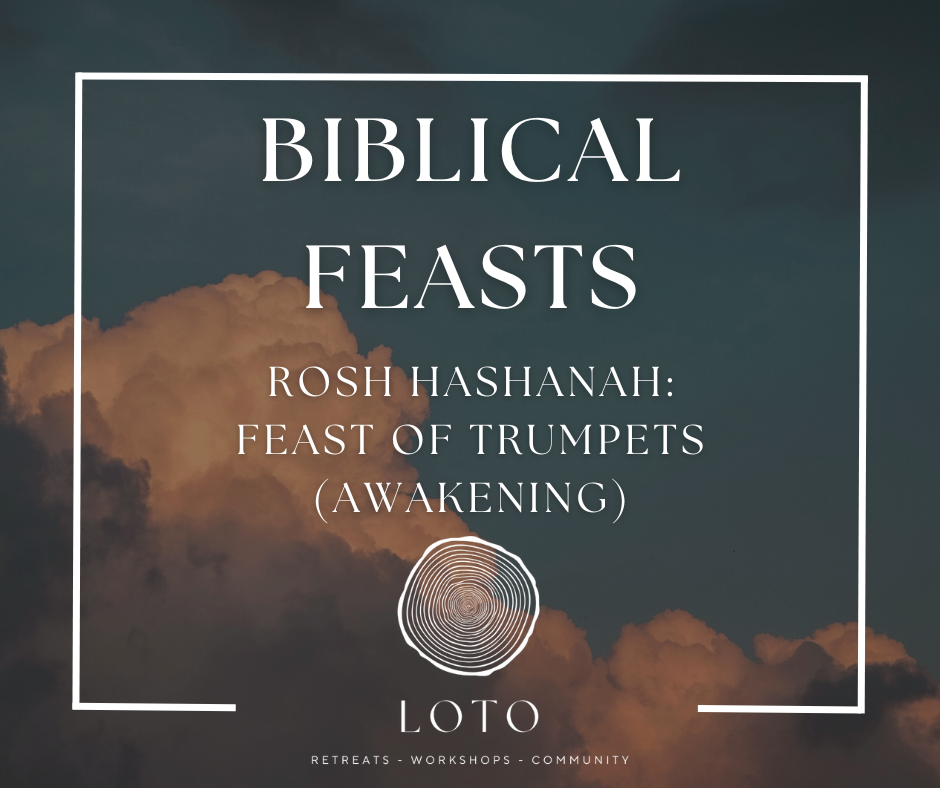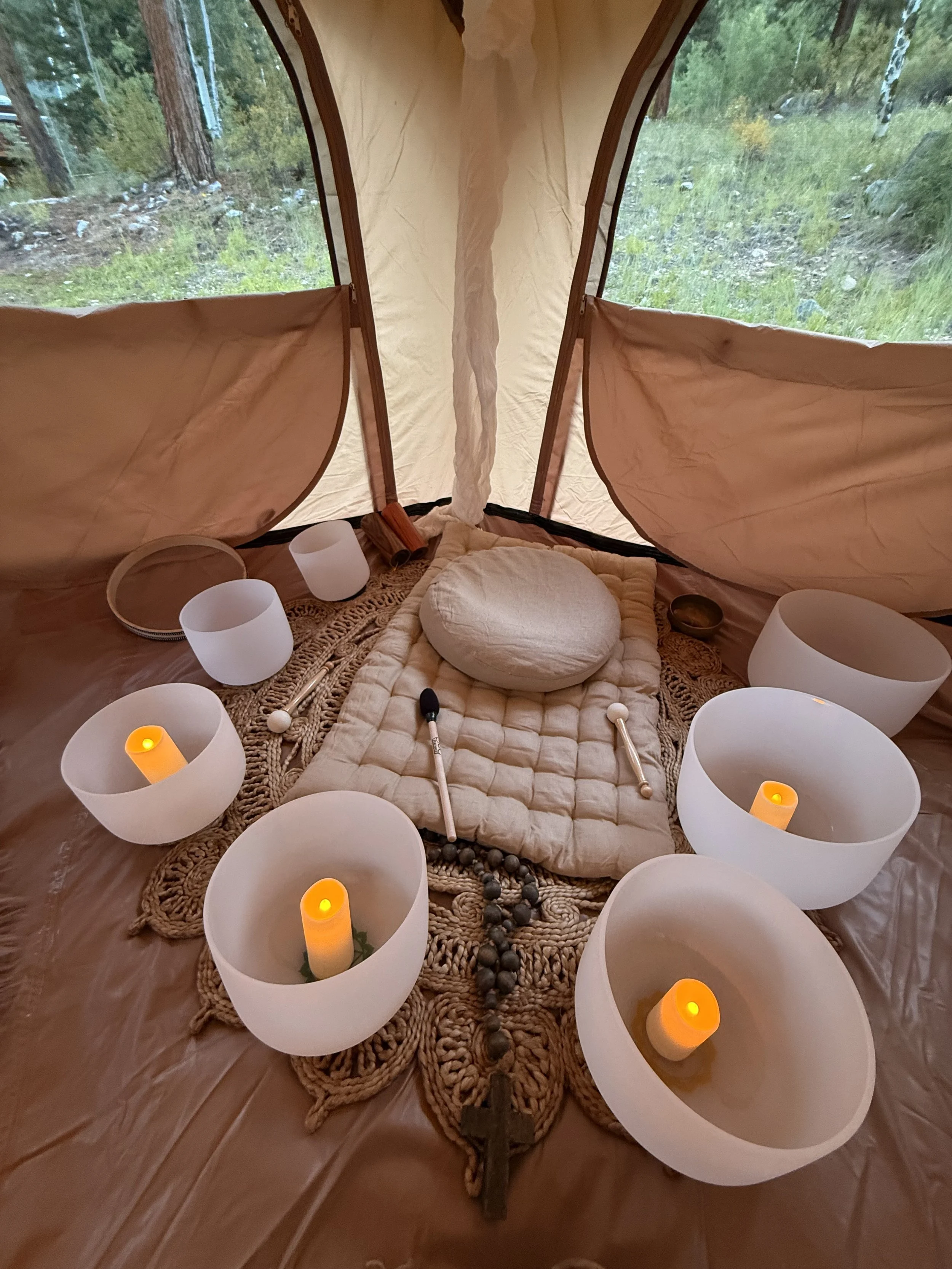Biblical Feasts: Shavuot/Pentecost (Feast of Weeks) - Illumination
““ ‘In the last days, God says, I will pour out my Spirit on all people. Your sons and daughters will prophesy, your young men will see visions, your old men will dream dreams.”
Acts 2:17 NIV
Fifty days after Passover, Israel celebrated the Feast of Weeks, otherwise known as Pentecost or Shavuot. What began as a harvest festival — the offering of wheat and bread from the fields — became layered with deeper meaning: the remembrance of God giving the Torah at Sinai.
Shavuot is about abundance and revelation. The land yields its fruit, and God yields divine wisdom. The feast weaves together earth and heaven, bread and word, body and spirit. It is the recognition that God not only liberates (Passover), purifies (Unleavened Bread), and provides (Firstfruits), but also illuminates — revealing the way of life that leads to union.
The Wheat Harvest and the Gift of Torah
In Leviticus 23:15–21, the Feast of Weeks is described as a time of offering, during which two loaves baked from the first wheat harvest were waved before the Lord, along with sacrifices of thanksgiving. It was a feast of fullness — no longer the first sheaf of barley, but the full harvest of wheat, ground and baked into bread.
Later tradition associated Shavuot with the giving of the Torah at Mount Sinai. Seven weeks after leaving Egypt, Israel stood before the mountain, trembling as the voice of God thundered and the Law was inscribed (Exodus 19). Shavuot became the feast of revelation, when God not only delivered His people but instructed them in the path of covenant life.
Harvest and revelation — sustenance for body and for spirit.
Fire and Illumination
Jewish tradition imagines Sinai as a place of fire: the mountain wrapped in smoke, lightning flashing, voices like thunder. To receive the Torah was to be immersed in divine light. The mystics interpret this fire not as a threat but as illumination — the burning clarity of God's Presence that reveals truth, not to enslave, but to set free.
The Psalmist writes: "The unfolding of your words gives light; it gives understanding to the simple" (Psalm 119:130). Revelation is not about control but about illumination — awakening the heart to wisdom already inscribed within.
Pentecost and the Spirit
For Christians, Shavuot became Pentecost (from the Greek "fiftieth"), the day when the Spirit descended in Jerusalem (Acts 2). Again, there was fire, wind, voices — not at Sinai but in the upper room. Christian mystics see this as the echo of the same mystery: God's revelation not on stone tablets but within living hearts.
"This is the covenant I will make with the people of Israel… I will put my law in their minds and write it on their hearts" (Jeremiah 31:33).
Here, the mystic finds continuity, not contrast. Torah and Spirit are not opposites. Both are gifts of illumination, drawing us deeper into the Presence of the Holy One. Revelation is not external information but internal transformation.
The Nondual Invitation
In dualistic frameworks, revelation is often seen as a matter of rule versus freedom, command versus choice. But in the mystical tradition, revelation is an invitation — a way of seeing. It is the unveiling of what has always been true: that God is nearer than our breath, that wisdom is inscribed in the heart, that we are participants in divine life.
As St. John of the Cross wrote, "The language of God is the very experience that God imprints in the soul.” Shavuot is this imprinting: fire in the heart, light in the mind, bread for the body.
Bread and Word
The Feast of Weeks is also a feast of bread. The offering of two loaves symbolizes abundance, fullness, and the fruit of labor. Bread and word — sustenance for body and soul.
Jesus, speaking from within Jewish tradition, echoes this when he says, “Man shall not live by bread alone, but by every word that comes from the mouth of God” (Matthew 4:4). The mystical reading is not that bread is unnecessary, but that bread and word are both necessary, both holy, both flowing from the same Source.
Mystics often spoke of this integration: body and spirit, earth and heaven, matter and mystery. The Feast of Weeks holds it together in a single celebration.
Living Shavuot Today
We live Shavuot when we gather the fruit of our lives and offer it in gratitude. We live it when we open ourselves to revelation — through scripture, silence, creation, or Spirit. We live it when we recognize that illumination is not about more information but deeper transformation.
Shavuot is the feast that reminds us: God’s abundance is not only in fields of wheat but in hearts made radiant by wisdom.
Reflection Questions
What “harvest” is ripening in your life that you can offer in gratitude?
How do you experience God’s revelation — in scripture, in prayer, in silence, in creation?
What does it mean for you to live illuminated, not by rules imposed from outside, but by wisdom inscribed within?
Where do you sense the fire of the Spirit igniting in your own heart?
With the Feast of Weeks, the spring festivals come to fullness: liberation, purification, gratitude, illumination. Together they prepare us for the second half of the cycle — the fall feasts — where the trumpet awakens us, Atonement restores us, and joy dwells among us. The next step: the Feast of Trumpets (Rosh Hashanah).









Yom Kippur is not merely about wiping away wrongs; it is about restoring union. The people are reconciled with God, with one another, and with themselves. Alienation is dissolved. Oneness is remembered.